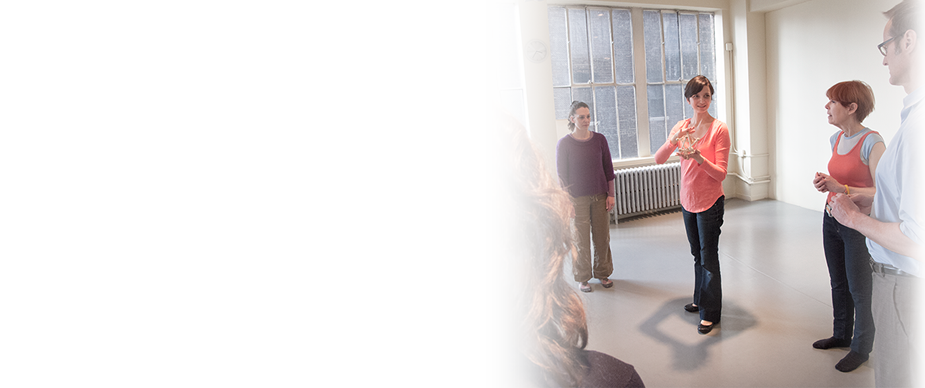Poor Posture = Driving Through Life with the Emergency Brake On
/You are probably familiar with many of the benefits of good posture:
Less back, neck, and shoulder pain
Less stress
More energy and less fatigue
Improved mood
Improved breathing
Greater confidence and more positive body language
...But what is "poor posture" really? Is it a physical condition? Slumping? Something you're born with? Something you grow into by age 18 that will just keep getting worse? A sign that of personal inadequacies and shortcomings? What your iPhone did to you?
If you are concerned about your posture (or someone else is!), no need to fear! You actually have quite a bit of control over your posture, but the trick is all in how you do it.
Let's start with what not to do.
Step one: Don't lift your chin or chest.
Step two: Don't roll your shoulders back.
These common misconceptions regarding improving posture will actually make your posture worse and make you more tense and uncomfortable. Start by avoiding those two things. Why? Because even though you might think that you are hoisting yourself up and opening up your chest, you are actually pulling your head and upper body back and down, creating some serious compression in the spine, ribs, and shoulder girdle. In trying to improve things you'll actually be making yourself more tense, stiffer, and shorter.
One way to look at the postural problem is that it's a form of putting on the brakes in your body. We habitually tend to press ourselves down. For example, when the neck gets tense (like when you're stressed at work or frustrated train hasn't arrived), the overly tense muscles in the back of the neck pull the head back and down, which creates a domino effect of compression all the way through the body to the feet. Why?
Because your head weighs 10-12 pounds! And for every inch that you are pulling your head out of alignment with your spine, it's as if that weight is multiplied by 10!
Yikes!
In addition to the strain and pain that this downward compression can cause, you then have to use extra effort to counter-act it when we do stuff - normal stuff like walking, running, speaking, and using computers and such. It's like your driving through your day with the emergency break on.
To help illustrate this point, imagine that you have your hair in a ponytail (just imagine, even if you don't have long hair) and there's someone standing behind you all the time tugging the pony tail...and following you everywhere you go holding onto that ponytail.
The image on the left shows the head tipping back and downward as the chin pokes out. the whole body is affected by this downward pressure. The image on the right shows the head balance on the spine, which facilitates staying upright and relaxed.
Sounds absurd, right? Like it would mean you'd have to exert a lot more energy to do anything?
Well, most people are doing this to themselves to some degree all the time, often unconsciously. And that's usually the source of poor posture.
Posture isn't just physical. It's a psychophysical (mind/body) state that we get into in response to our environment, technology, emotions, furniture, and people with whom we interact. It's easy to get stuck in these habits and then metaphorically spin in circles trying to get out of them. We can make things worse by trying to fix them in away that intensifies the exact habits that we are trying to change (i.e. The lifting the chest and pulling the shoulders back phenomenon.)
In upcoming posts I will discuss how what I've talked about here relates to moving, interacting with others, and using technology and what you can start doing to change your posture during those activities.
How can you start changing your posture?
Alexander Technique lessons or classes are highly effective in educating people about how to hold themselves in a way that they are undoing these problems rather than compounding them. Good posture then feels as it should - more relaxed and energizing.
What can you do right now after reading this?
1 - Don't lift your chest or chin or roll your shoulders back
2 - Do be more in the present moment. Bring your attention to the space around you to the front , back and above you. Feel your feet on the ground. Breathe! Also try out constructive rest to practice being more present aware of your body. Click here for my audio guide.
3 - Click here to inquire about Alexander Technique lessons and classes.


